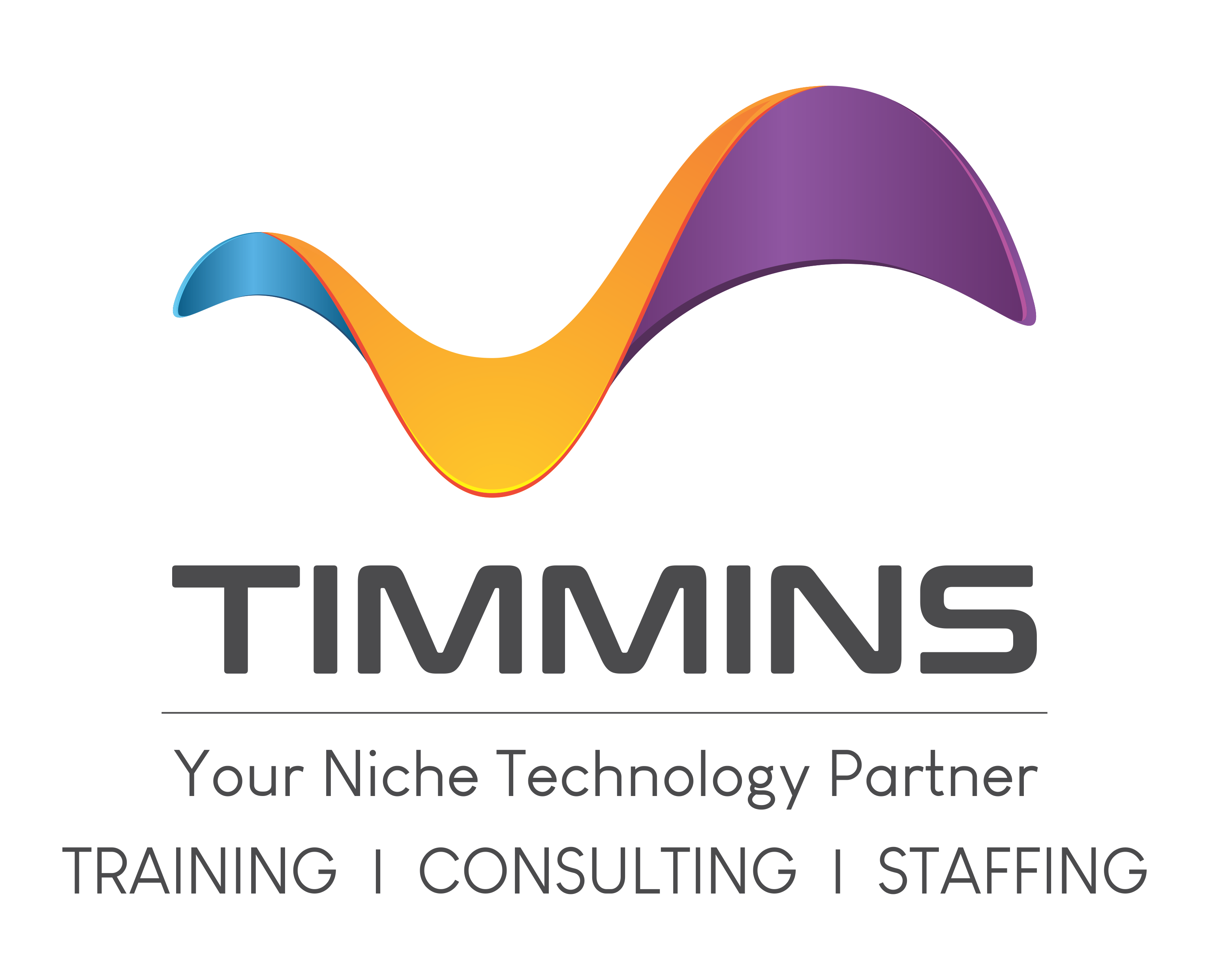
Enrolment options

Soft Skill
Emotional Intelligence (EQ)
HRDC Reg. No: 10001600435
Duration: 1 Day (7 Hours)
Course Overview
This intensive 1-day Emotional Intelligence (EQ) course equips professionals with the skills to manage emotions, improve interpersonal communication, and lead with empathy. Covering the five key dimensions of EQ—self-awareness, self-regulation, self-motivation, empathy, and social skills—this course enhances personal effectiveness and workplace relationships. Through practical activities, self-assessment, and real-world application, participants will better understand emotional triggers and develop strategies to respond thoughtfully, not reactively.
Who Should Attend
-
Team Leaders and Managers
-
Supervisors and Project Leads
-
HR and L&D Professionals
-
Aspiring Leaders
-
Professionals aiming to improve their emotional and interpersonal intelligence
Why Choose This Course
This HRDC claimable course (Reg. No: 10001600435) enables participants to understand and apply emotional intelligence in both personal and professional settings. It focuses on developing self-awareness, empathy, and communication skills essential for collaborative work, effective leadership, and personal growth.
Learning Outcomes
Participants will be able to:
-
Define Emotional Intelligence (EQ) and its workplace relevance
-
Understand the benefits of EQ in leadership, communication, and teamwork
-
Develop competencies in self-awareness, self-management, and emotional regulation
-
Practice empathy and improve interpersonal relationships
-
Communicate effectively, both verbally and non-verbally
-
Manage emotional triggers and balance optimism and pessimism
-
Apply EQ tools and techniques to improve performance and team engagement
Prerequisites
No prerequisites required. Open to all professionals seeking to enhance emotional and social effectiveness.
Lab Setup / Materials Provided
-
EQ self-assessment tools
-
Role play scenarios and emotional reflection worksheets
-
Case studies and emotional management exercises
-
Action planning templates for post-training application
Teaching Methodology
-
Instructor-led training with interactive lectures
-
Real-life case studies and practical examples
-
Self-assessments to identify EQ levels
-
Guided exercises in empathy, emotion regulation, and social communication
-
Role-plays simulating workplace scenarios
-
Reflective activities and personal action planning
